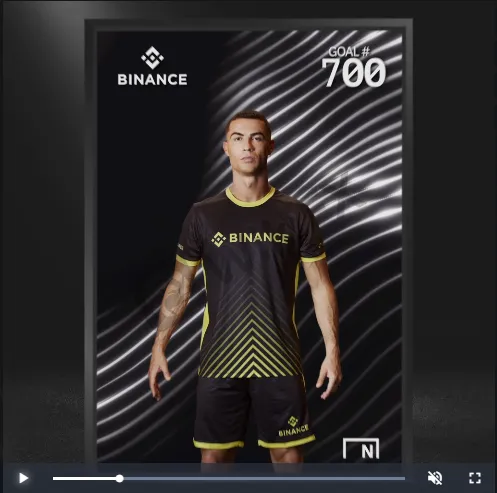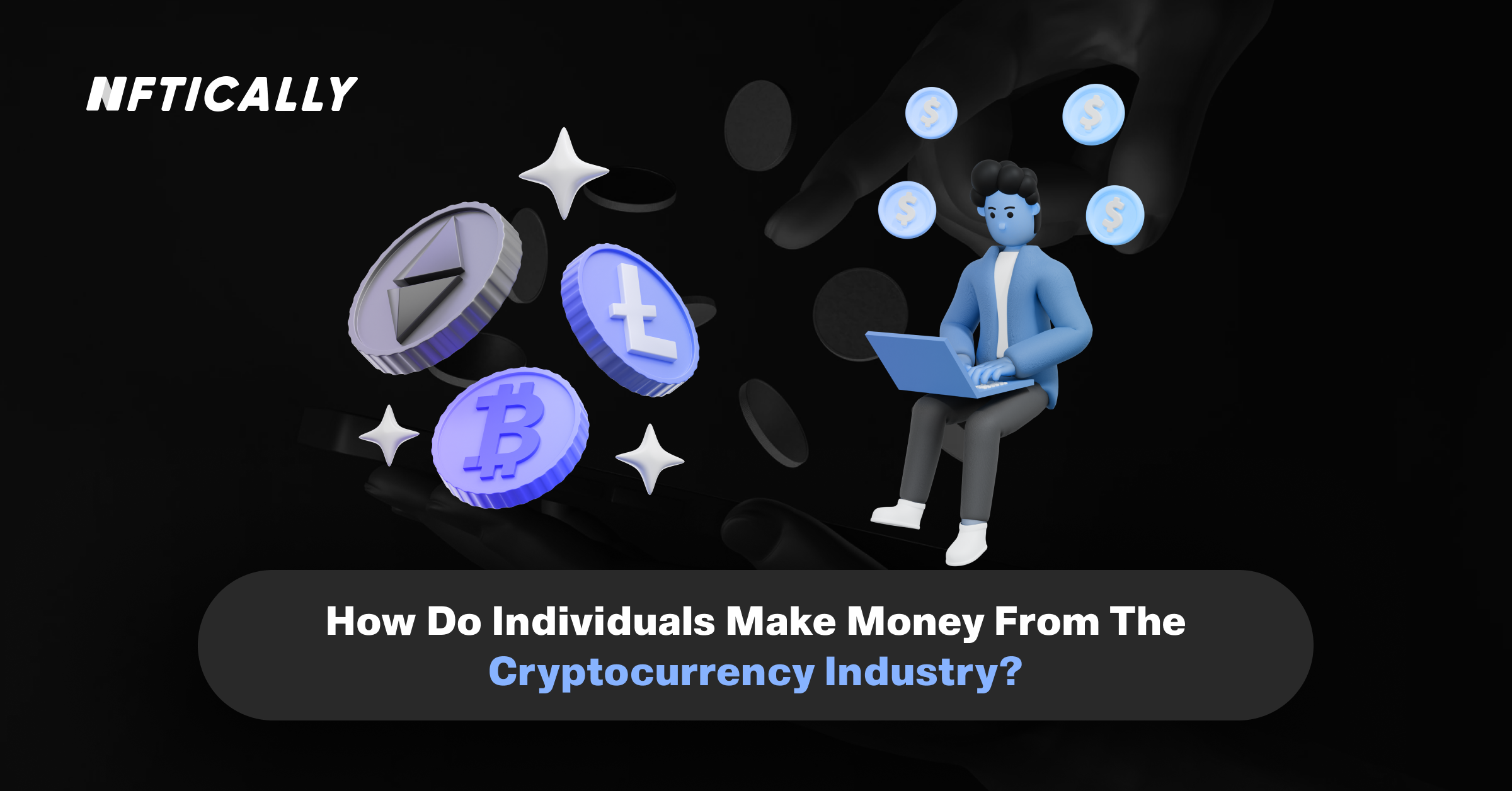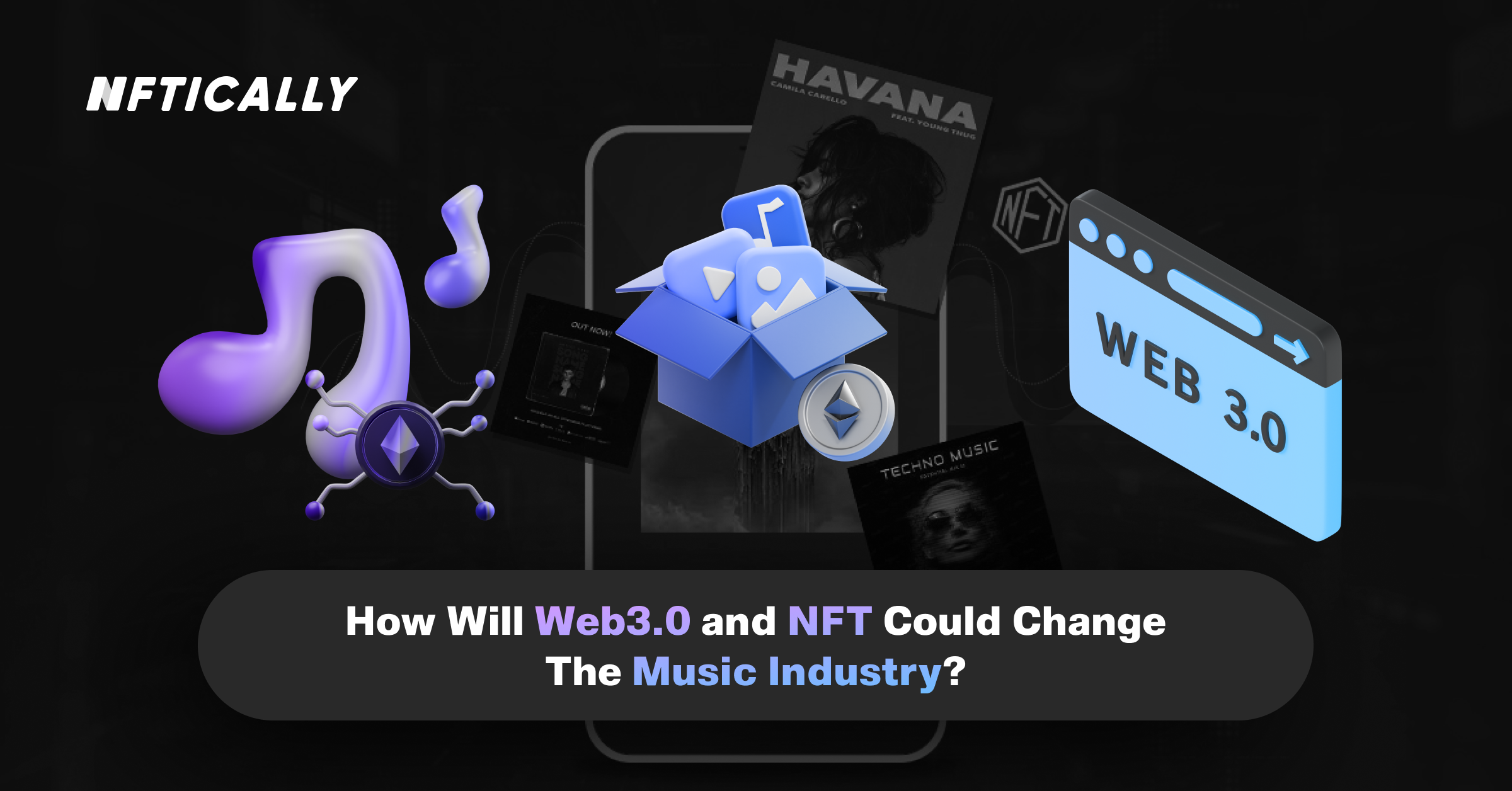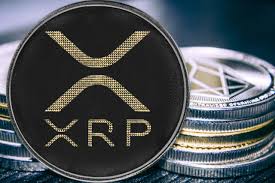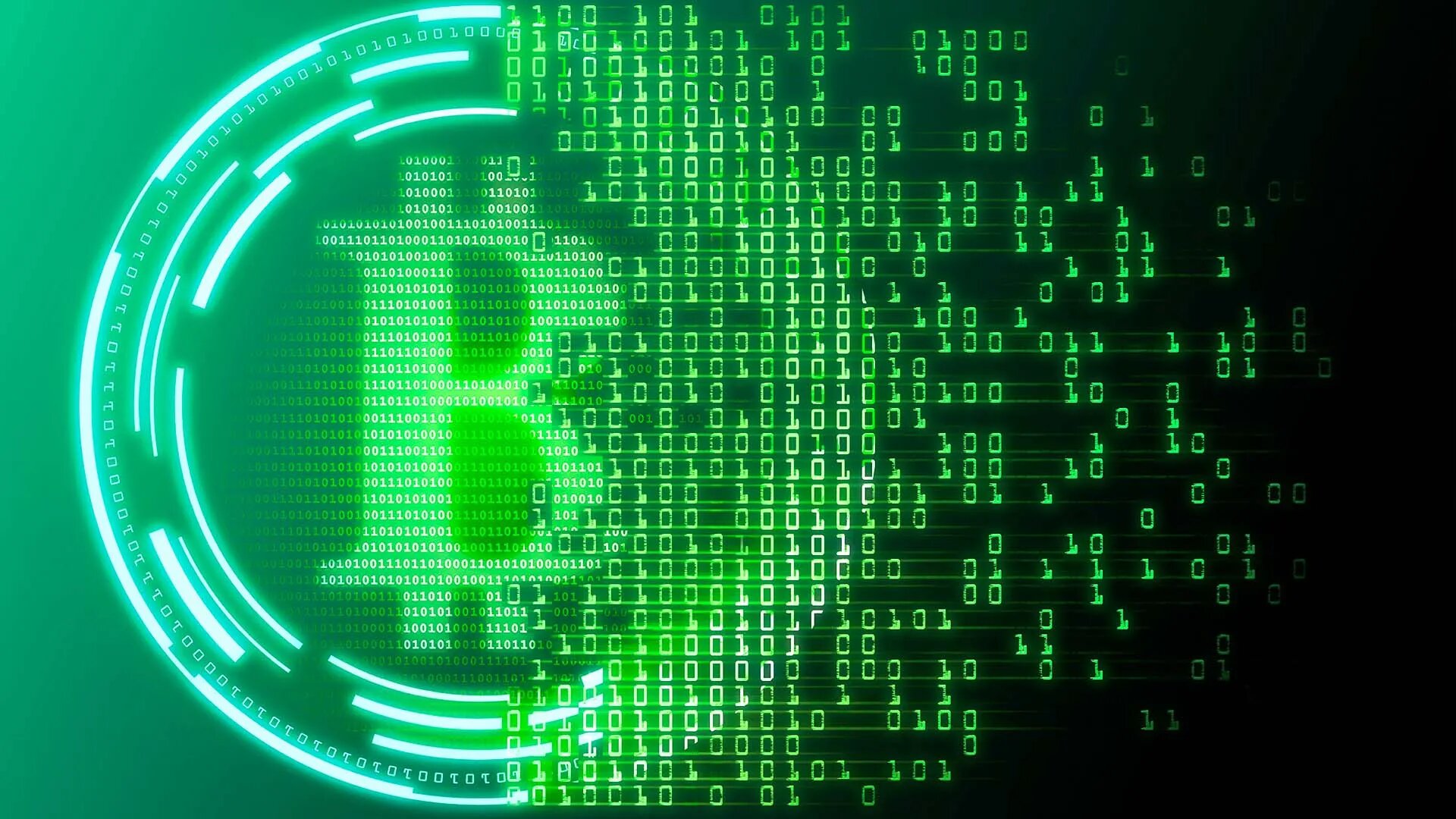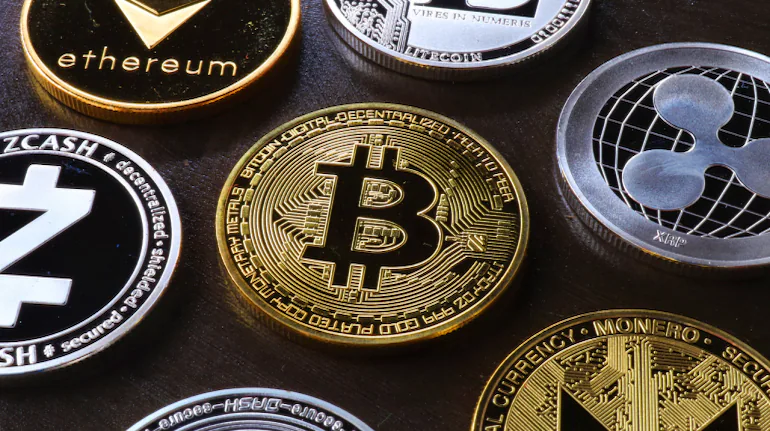How Much Does it Cost to Create an NFT
Discover the NFT creation cost. Learn what it takes to make NFTs and the expenses involved. Get insights on pricing in the NFT market.

In recent years, Non-Fungible Tokens (NFTs) have taken the digital world by storm, revolutionizing the way we perceive and trade digital assets. Artists, collectors, gamers, and investors are all actively participating in the NFT market. One common question that arises is, "How much does it cost to create an NFT?" In this comprehensive guide, we'll explore the various factors that influence the cost of creating an NFT, delve into the NFT market's pricing dynamics, and discuss the best practices for navigating this exciting space.
Understanding NFTs
Non-Fungible Tokens (NFTs) are unique digital assets that are indivisible and irreplaceable. Unlike cryptocurrencies like Bitcoin or Ethereum, NFTs represent ownership of a specific item, whether it's a digital artwork, a collectible, a piece of music, or even virtual real estate in a video game. Each NFT is stored on a blockchain, providing a secure and transparent ledger of ownership.
Factors Influencing the Cost of Creating an NFT
- Blockchain Network:?The choice of blockchain significantly affects the cost of creating an NFT. Ethereum is the most popular platform for NFTs, but others like Binance Smart Chain, Flow, and Tezos have gained traction. Ethereum's gas fees can fluctuate, impacting the cost of minting NFTs.
- Complexity of the Content:?The complexity of the digital asset being minted as an NFT is another crucial factor. A simple image may cost less than a highly interactive 3D model or a virtual reality experience.
- Minting Fees:?To create an NFT, you'll need to pay minting fees. These fees can vary depending on the platform you use and the blockchain's current congestion. Ethereum's gas fees, for example, can be high during peak periods.
- Smart Contracts:?Some NFTs may require custom smart contracts to incorporate additional functionality, such as royalties for the original creator on secondary sales. Developing and deploying these contracts can add to the cost.
- Storage and Hosting:?Storing and hosting the NFT's metadata, including images or files, may incur ongoing costs, particularly if you opt for decentralized storage solutions.
- Legal and Licensing Fees:?If you're minting an NFT based on copyrighted material or collaborating with others, legal and licensing fees may apply, adding to the overall cost.
NFT Market Price Dynamics
Understanding the pricing dynamics of the?NFT market price?is essential for both creators and buyers. Here are some key factors to consider:
- Scarcity and Rarity:?NFTs derive much of their value from scarcity. Rare and one-of-a-kind items tend to command higher prices in the NFT market.
- Creator Reputation:?Established artists, musicians, and celebrities often attract higher bids due to their existing fan base and reputation.
- Historical Sales:?Past sales of similar NFTs can serve as a reference point for pricing. Many platforms provide access to?NFT price charts, making it easier to gauge market trends.
- Utility and Interactivity:?NFTs that offer unique utility or interactivity tend to be more valuable. For example, NFTs that grant access to virtual events, in-game assets, or exclusive content can command higher prices.
Best NFT Gaming and Marketplaces
If you're interested in creating or purchasing NFTs, it's essential to know where to find the best options. Here are some top??Best NFT gaming?platforms and marketplaces:
- OpenSea:?OpenSea is one of the largest NFT marketplaces, offering a wide range of digital assets, including artwork, collectibles, and virtual real estate.
- Rarible:?Rarible is known for its user-friendly interface and its governance token, RARI, which allows users to have a say in platform development.
- Decentraland:?This virtual world built on the Ethereum blockchain allows users to buy, sell, and develop virtual real estate and assets.
- Axie Infinity:?Axie Infinity is a blockchain-based game where players collect, breed, and battle fantasy creatures known as Axies. These creatures can be bought and sold as NFTs.
- CryptoPunks:?One of the earliest NFT projects, CryptoPunks consists of 10,000 unique 24x24 pixel art characters that have become highly collectible.
Best Practices for Navigating the NFT Market
To make the most of your NFT journey, consider these best practices:
- Research and Due Diligence:?Before creating or purchasing an NFT, research the market thoroughly. Understand the trends, evaluate the historical performance of similar NFTs, and scrutinize the reputation of the creators or platforms involved.
- Diversify Your Portfolio:?If you're an investor, diversification is key to managing risk. Don't put all your resources into a single?best nft marketplaces; spread your investments across various assets to minimize potential losses.
- Understand Rights and Ownership:?Owning an NFT doesn't always mean you have full control over the associated content. Be aware of the rights and restrictions tied to the NFT, especially if it involves copyrighted material.
- Participate in Communities:?Engaging with NFT communities and forums can provide valuable insights and networking opportunities. You can learn from experienced collectors and creators and stay updated on upcoming NFT drops.
- Stay Informed About Gas Fees:?Gas fees on blockchain networks can be unpredictable. Keep an eye on current gas prices and try to mint or purchase NFTs during periods of lower congestion to save on transaction costs.
- Secure Your NFTs:?Just like cryptocurrencies, NFTs should be stored securely in digital wallets. Use reputable wallets and consider hardware wallets for added security.
- Long-Term Perspective:?While some people see quick profits in the NFT market, it's essential to take a long-term perspective. The value of NFTs can be volatile, so be prepared for fluctuations in your portfolio's worth.
- Be Wary of Scams:?As with any booming market, there are scams and fraudulent activities. Double-check the authenticity of NFTs and the credibility of the parties involved in transactions.
The Future of NFTs
The NFT market is continually evolving, with innovations and trends shaping its future. Some emerging trends and developments to watch out for include:
- Environmental Concerns:?Due to the energy-intensive nature of some blockchain networks, environmental concerns have arisen. Solutions that focus on sustainability, such as the move to Proof of Stake (PoS) blockchains, are gaining traction.
- Integration with the Metaverse:?NFTs are becoming increasingly integrated with virtual worlds and the metaverse. They can represent not only digital assets but also virtual real estate and identity in these immersive environments.
- Legal and Regulatory Frameworks:?Governments and regulatory bodies are starting to take notice of?nfts for sale. Expect more robust legal and regulatory frameworks to emerge as the market matures.
- Artificial Intelligence and NFTs:?AI-generated art and AI-driven NFT platforms are gaining popularity, blurring the lines between traditional and digital art.
The cost of creating an NFT varies depending on several factors, including the blockchain network, the complexity of the content, and associated fees. To determine the best price for your NFT, it's crucial to understand market dynamics, including scarcity, creator reputation, and utility.
What's Your Reaction?








